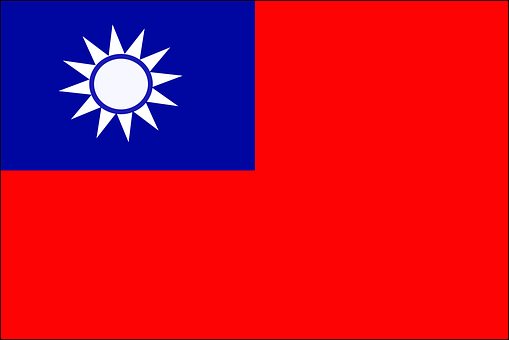China’s level of military posturing is reaching heights unmatched in recent times over House Speaker Nancy Pelosi’s potential trip to Taiwan in August. Currently she is leading a delegation on a trip in Asia. The question military analysts are asking this week is if Chinese belligerency over an official visit by Pelosi to Taipei indicates China is testing the waters for a more definitive military action at some future date. Beijing’s aggressive stance toward the trip is another example of the communist regime’s intolerance toward other state’s maintaining any official relationship with the island. Pelosi’s trip, rescheduled from April due to her Covid diagnosis, is raising so many hackles that Chinese defense analysts say the CCP leadership is promising to take strong action if she dares to travel to Taipei.
Although for security purposes the US government does not confirm details of senior US officials’ trips, in response to the recent Chinese threats to “take resolute and forceful measures,” Chief of the US Joints Chiefs of Staff General Mark Milley, has promised publicly to do what is necessary to defend the Speaker should she decide to travel to Taipei. Security measures could include putting a double line of protection around the island while she is in Taiwan and sending advanced fighter jets to patrol the region, despite China’s warning not to do so. Although direct, intentional military conflict between the US and China is unlikely it raises concerns over the potential for an accidental encounter between forces that could spiral out of control. Pelosi will be the highest ranked US official to visit Taiwan since 1997.
The South China Morning Post is reporting that “The American aircraft carrier USS Ronald Reagan and its strike group, including a guided missile destroyer and a guided missile cruiser, set out from Singapore on Monday heading northeast towards the South China Sea, according to ship-tracking information provided by Beijing-based think tank the South China Sea Strategic Probing Initiative.”
On Monday, Taiwan held its regularly scheduled air raid drills. Vox.com is portraying them as a “response” to the American official’s potential visit and suggesting it may cause China to escalate the situation into a military action. China is cuing on that line. Qin Gang, Chinese Ambassador to the US, delivered a speech at the Aspen Security Forum on July 20 that was inflammatory and claimed there would only be losers if US-China relations deteriorate. CGTN reports that “When asked directly about whether he thinks the US and China are entering a new Cold War, Ambassador Qin said that when people speak of the Cold War they are speaking of estrangement, division, confrontation and conflict, and that the question itself indicates that people are concerned that history may be repeating itself.” There is bellicosity coming from leaders on many fronts, which further exacerbates tensions in the US-China relationship at a time when stresses already are high. According to Qin, Beijing believes the one China policy is under attack. He did not explicitly address how China would respond to the perceived aggression in the future.
AP is reporting that a “more robust response could also be driven by Xi’s desire to bolster this nationalist credentials ahead of a party congress later this year at which he is expected to seek a third five-year term in office. Xi’s expansion of his powers into every sphere and his hardline zero-COVID response to the domestic epidemic has sowed a degree of resentment and appealing to raw patriots, particularly over Taiwan, might help him fend off criticism.”
On Thursday morning Presidents Biden and Xi Jinping spoke by phone for over two hours. It is their fifth call since Biden assumed the presidency in January 2021. The Washington Post is reporting: “China’s Foreign Ministry issued a statement after the call that was littered with critiques of the US administration and its attitude toward Beijing.” It said Xi made “candid” comments on Taiwan during the exchange between the leaders. Earlier this month, Chinese Foreign Minister Wang Yi delivered four lists of demands to Secretary of State Antony Blinken, including “guidance” on US wrongdoings that “must stop.”
As China grows bolder in its moves, senior political leaders in Washington are calling on the Biden Administration to take stronger action against Chinese aggressive policies, including those in sovereign states in the South China Sea where Beijing is making inroads by offering convenient infrastructure loans in return for improved relations and potential military partnerships and bases. The game is complex and nuanced. It is hard to determine who is in the lead when officials in Washington appear to be following former President Obama’s call for the United States to “lead from behind.”
Daria Novak served in the U.S. State Dept.
